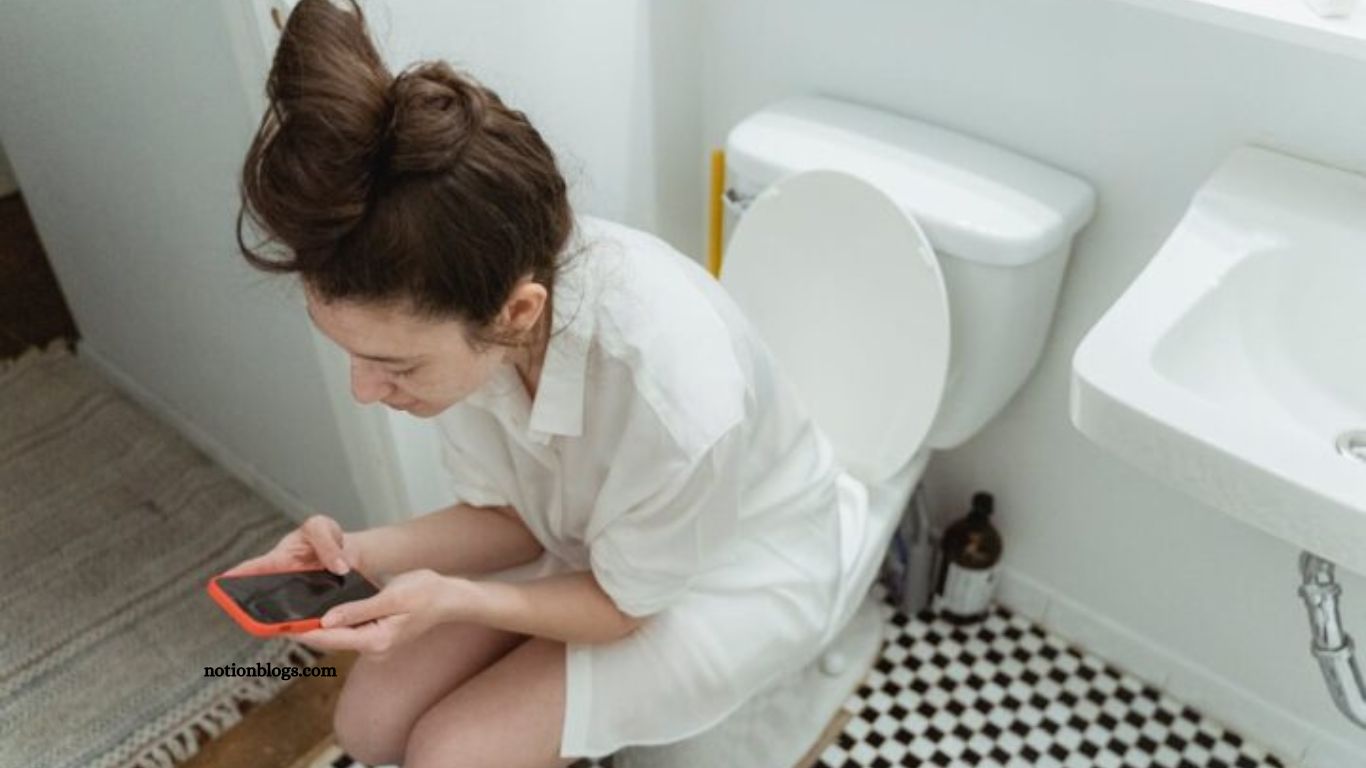Shiny hair, radiant skin, and strong nails are more than just aesthetic ideals—they’re indicators of overall well-being and the health of your body’s integumentary system. “You’ve probably heard it said that the skin is the largest organ in the body,” says Elizabeth Rimmer, founder and director of London Professional Aesthetics.
“Well, along with skin, the hair and nails are all a part of the integumentary system.” These three elements share a key cellular building block: keratinocytes. “Keratinocytes grow from stem cells and produce and store keratin—a protein that makes our skin, hair, and nails not only tough but also water resistant,” she explains. Ahead, discover expert-backed strategies to enhance and maintain the health of your hair, skin, and nails.
Read More: Truth Social Could Use Its Own Grok — Trump Already Owns the Trademarks
Can you boost hair, skin, and nail health with diet?
Can diet improve the health of your hair, skin, and nails? Research suggests it can. A 2019 review identified a clear link between micronutrient deficiencies and various cutaneous abnormalities, such as acne, eczema, psoriasis, and other skin conditions. The study highlighted that insufficient intake or poor absorption of certain vitamins and minerals could be responsible. Key nutrients include B vitamins, fat-soluble vitamins like A, E, and K, as well as zinc, iron, copper, selenium, and essential fatty acids.
Similarly, a 2017 study found that multiple nutrient deficiencies can contribute to hair loss. “The layers of the skin are connected to an extensive vascular network, and hair follicles rely on a nutrient-rich blood supply,” explains Amir Sadri, M.D., consultant plastic surgeon at Great Ormond Street Hospital. Because skin and hair are directly linked to the bloodstream, nutrient shortages often first show visibly there. Dr. Sadri adds that nails are affected in the same way, as they share the same keratin-based structure as hair.
What Diet Can—and Can’t—Do for Your Hair, Skin, and Nails
While a healthy, balanced diet can certainly support the health of your hair, skin, and nails, it’s not a cure-all. Genetics, age, and overall health play significant roles in how these tissues look and function. Still, nutrition expert Elizabeth Rimmer believes dietary habits can make a meaningful difference.
Her recommendations include eating a wide variety of colorful, textured foods, increasing protein and iron intake, and cutting back on alcohol, sugar, and processed fats. “Protein supports new cell generation and benefits the body overall,” she explains. “Iron is also essential, especially for the integumentary system.”
For those avoiding red meat, Rimmer suggests plant-based sources like lentils and beans—but warns against supplementing with iron without medical advice, as it can cause side effects.
Limiting certain foods is equally important. “Too much alcohol or highly processed, sugary foods can dry out hair and accelerate hair loss,” says Savas Altan, a medical aesthetic expert at Vera Clinic. He adds that excess sugar can break down collagen and elastin, leading to wrinkles and a loss of skin firmness over time.
Does Sleep Impact Hair, Skin, and Nail Health?
Yes—sleep plays a critical role in the health of your hair, skin, and nails. A 2019 study involving 40 participants found a potential link between poor sleep quality and acne, suggesting that inadequate rest may contribute to skin concerns.
“While you’re sleeping, your body is busy recovering,” explains Elizabeth Rimmer, founder and director of London Professional Aesthetics. “Collagen production increases, peaking within the first few hours of sleep.” Collagen is essential for maintaining skin elasticity and strength, and it also supports the structure of hair and nails.
On the flip side, sleep deprivation may be especially damaging. “You could argue that the hair, skin, and nails are last in the queue to benefit from lifestyle factors,” Rimmer adds. “They’re also the first to show signs of decline when sleep is lacking.”
Sleep, Stress Hormones, and Their Effect on Hair, Skin, and Nails
Sleep deprivation doesn’t just leave you feeling tired—it can also disrupt the delicate balance of hormones that support healthy hair, skin, and nails. According to Dr. Amir Sadri, a lack of sleep increases levels of the stress hormone cortisol, which interferes with the body’s overnight repair processes. Elevated cortisol can contribute to skin inflammation, brittle nails, and even impaired hair growth.
“Cortisol disrupts healing and regeneration,” Sadri explains. “This can show up visibly in the form of dull skin, weakened nails, or thinning hair.”
While most adults are advised to get at least seven hours of sleep per night, Elizabeth Rimmer notes that individual needs can vary. The key is to aim for consistent, quality rest that allows your body—and your integumentary system—to repair and restore.
At-Home Treatments to Support Hair, Skin, and Nail Health
There are several at-home (and in-salon) treatments that may help improve the condition of your hair, skin, and nails—many of which focus on nourishing from the outside in.
For Hair
Elizabeth Rimmer suggests seeking out shampoos containing ketoconazole. “It’s primarily used to treat fungal infections, but it can also benefit those with thinning hair,” she explains. “Some studies show it can increase hair shaft thickness and hair count.”
Dr. Amir Sadri also recommends products that include:
- Rosemary oil
- Biotin
- Vitamin A
- Vitamin C
- Vitamin E
These ingredients help nourish the scalp, improve circulation, and support follicle health.
Additionally, both experts advise avoiding shampoos with sulfates. These foaming agents can irritate the scalp and may hinder healthy hair growth. Choosing sulfate-free formulas can help maintain the natural oils essential for hair and scalp health.
For Skin
When it comes to skincare, consistency and simplicity often deliver the best results. Elizabeth Rimmer recommends starting with the basics: a gentle facial cleanser used morning and night, applied for a full minute, then rinsed with tepid water and patted dry with kitchen paper to help keep skin free of excess oil and debris.
While product choices should be tailored to your specific skin type, some essentials apply universally. Daily SPF is non-negotiable. “An oil-free SPF should be worn every day, regardless of the weather,” Rimmer emphasizes. UV exposure is a leading cause of premature aging and skin damage, even on cloudy days.
Rimmer also suggests incorporating retinol, a vitamin A derivative known to refine texture, brighten uneven skin tone, and support collagen production. However, she cautions against using facial oils, especially if you’re prone to breakouts. “Despite its popularity, oil can increase the risk of blemishes and pigmentation issues,” she says. “In my opinion, it doesn’t contribute to long-term skin health.”
For Nails
Your nails are constantly exposed to environmental stressors—from weather changes to frequent hand washing and harsh ingredients in soaps and sanitizers. This can leave the cuticles dry, brittle, and prone to damage, says Elizabeth Rimmer.
To combat this, she recommends massaging a drop of paraben-free nail oil into the cuticles daily. “It helps prevent trauma and reduces the urge to pick at dry skin, which can cause further damage,” she explains.
For an inside-out approach, Rimmer suggests adding a nightly collagen supplement drink to your routine. Collagen supports the strength and integrity of nails, while also benefiting skin and hair health.
Lastly, avoid wearing nail polish continuously. “I always advise taking regular breaks from polish, whether gel or traditional,” says Rimmer. “Giving your nails time to breathe promotes overall nail health and strength.”
Salon Treatments to Support Hair, Skin, and Nail Health
Professional treatments can complement your at-home care routine, offering targeted solutions for healthier hair, skin, and nails.
For Hair
In the salon, Dr. Amir Sadri recommends asking your stylist about keratin-based treatments. “Keratin is a protein that helps strengthen hair, making it more resilient against breakage, heat damage, and frizz,” he explains. These treatments work by replenishing the natural keratin in your hair, resulting in a smoother, shinier, and silkier finish. Regular keratin treatments may also help improve manageability and reduce the need for heat styling over time.
Hair, Skin, and Nail Conditions to Be Aware Of
Several medical conditions can affect the health and appearance of your hair, skin, and nails. These include:
- Eczema
- Psoriasis
- Alopecia
- Trichotillomania
- Folliculitis
- Beau’s lines
- Clubbing
- Onycholysis
- Yellow nail syndrome
If you’re experiencing any of these—or other noticeable changes—it’s important to consult with a medical professional before trying new treatments or products.
“These conditions can be signs of underlying disease and should be medically assessed,” says Elizabeth Rimmer. “A proper diagnosis and tailored treatment plan from a healthcare provider is essential to avoid worsening symptoms or masking more serious issues.”
Frequently Asked Questions
Can diet really improve the health of my hair, skin, and nails?
Yes, a nutrient-rich diet can support overall health and appearance. Key nutrients include B vitamins, iron, zinc, selenium, essential fatty acids, and vitamins A, C, E, and K. However, genetics, age, and general health also play a significant role.
How much sleep do I need for healthy skin and hair?
Most adults need at least 7 hours of sleep per night. During sleep, the body repairs and regenerates cells, including those in the hair, skin, and nails. Poor sleep can increase cortisol levels, which may lead to inflammation, brittle nails, and hair thinning.
What ingredients should I look for in hair products?
For healthier hair, look for ingredients like ketoconazole, biotin, rosemary oil, and vitamins A, C, and E. Avoid sulfates, as they can irritate the scalp and hinder hair growth.
What’s essential in a basic skincare routine?
Every routine should include a gentle cleanser, a daily oil-free SPF, and, for many, a retinol to help with texture and tone. Choose products based on your skin type, and avoid oils if you’re prone to breakouts.
How can I strengthen my nails at home?
Massage paraben-free nail oil into your cuticles daily to reduce dryness and breakage. Taking breaks from nail polish and using a collagen supplement can also support stronger, healthier nails.
Are salon treatments worth it for skin and hair health?
Yes, professional treatments like keratin hair treatments and microneedling for skin can provide deeper, targeted results. Regular medical-grade manicures can also improve nail health and appearance.
Conclusion
Healthy hair, skin, and nails are often a reflection of your overall well-being—and while genetics and age play a role, lifestyle choices make a significant difference. A balanced diet rich in essential nutrients, quality sleep, stress management, and proper daily care all contribute to maintaining and improving their condition. At-home practices, such as using targeted products and staying consistent with cleansing and moisturizing routines, can go a long way. Meanwhile, professional treatments—from keratin hair therapies to microneedling and medical manicures—offer deeper support when needed.







